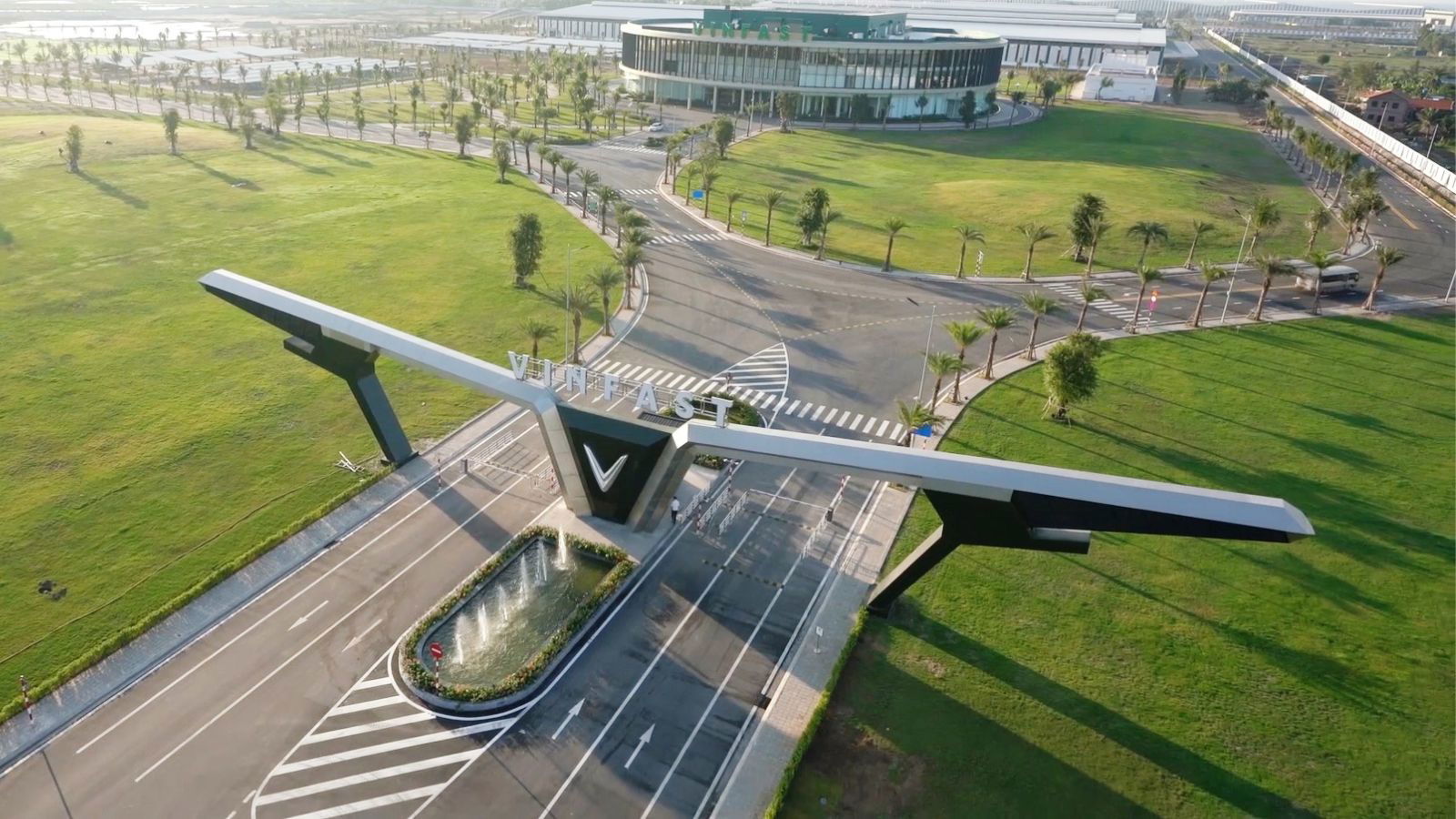



VinFast fuels the Philippines' EV catch-up with ecosystem play
share on
The Philippines is behind in Southeast Asia’s electric vehicle race - but Vietnamese carmaker VinFast is betting it can help change that, not by building a factory, but by building everything else.
While regional leaders such as Vietnam, Thailand, and Indonesia have surged ahead with local production and policy incentives, the Philippines has struggled to gain traction. In 2024, EVs made up just 4% of new car sales in the country, compared to 13% in Thailand and nearly 18% in Vietnam.
VinFast’s answer is to attack the real reasons people hesitate: limited charging, poor service access, and fear of high upfront costs. The company is rapidly rolling out showrooms, service partnerships, a nationwide charging network, and even free charging schemes - offering a playbook that could help the country catch up without waiting for industrial-scale investments.
Don't miss: BYD overtakes Tesla in Australia as EV challenger enters top 10 marques
A late start in a competitive race
In 2024, Southeast Asia’s EV market collectively moved close to 400,000 units. Vietnam topped the charts with 90,000 EVs sold, capturing 17.6% of its domestic market. Thailand followed with over 70,000 (13%), and Indonesia notched up 49,200 (7%).
The Philippines, by contrast, remains in the low single digits. Despite policy frameworks such as the 2022 Electric Vehicle Industry Development Act (EVIDA), the government’s push has been largely demand-side. The law includes perks such as EV-only parking and a 5% electrification mandate for fleet operators, but lacks supply-side pull such as tax breaks for local manufacturers.
Given the country’s dependence on oil, the stakes go beyond automotive modernisation. According to MUFG, a US$10 hike in crude prices could inflate the Philippines’ current-account deficit from 3.5% to 4.5% of GDP - driven largely by fuel imports. EV adoption could help cushion this economic vulnerability while also meeting the country’s Paris Agreement target of a 75% reduction in greenhouse gas emissions by 2030.
But achieving that means building not just policy, but infrastructure - and trust.
VinFast’s “for a green future” strategy
VinFast entered the Philippine market with its first showrooms in July 2024. Since then, the company has scaled fast, becoming a full member of the Chamber of Automotive Manufacturers of the Philippines (CAMPI) and pledging to open more than 60 showrooms by year-end through local dealer partnerships.
It is the broader ecosystem that sets VinFast apart. The brand is working with Goodyear and Tire King to establish over 100 authorised service centres by 2025 - a move designed to directly answer one of the top consumer hesitations around EVs: “Who will service my car?”
Charging access is the second pillar. Alongside the launch of its VF 6 subcompact, VinFast introduced a free charging programme at its dedicated stations until May 2027. The network, managed by affiliate V-GREEN, plans to deploy 15,000 charging ports across the Philippines in 2025.
Cost, the third pain point, is addressed through flexible programmes including a vehicle buyback offer that reimburses up to 90% of the original price. While not equivalent to subsidies, these mechanisms ease long-term ownership concerns for first-time EV buyers.
All this - without a single local manufacturing plant.
Selling familiarity, not just cars
But perhaps the biggest barrier to adoption isn’t physical, but psychological. Lack of exposure remains a top reason consumers hesitate to go electric. A US study cited by the company suggests that once drivers experience an EV, concerns around range and cost often evaporate.
To build that familiarity, VinFast is leaning into partnerships with fleet services, especially those that operate in daily life. Its most recent tie-up is with Green GSM, the Philippines’ first all-electric taxi service, which launched in June 2025 with a fleet of VinFast vehicles.
The benefit is ambient education. Passengers can ask questions, see EVs in action, and learn about their performance in real-world conditions - all from the backseat.
While countries such as Indonesia court battery factories and Thailand offers tax holidays, the Philippines has taken a slower, lighter-touch approach. But VinFast’s example shows that policy need not hinge on domestic manufacturing alone.
Digital Marketing Asia returns to Manila on 2 September, bringing the hottest trends, tech, and insights to future-proof your strategies. Network with 150+ industry leaders, discover cutting-edge tools, and learn from real-world case studies – all designed to propel your brand growth. Don't miss this chance to stay ahead of the curve!
Related articles:
Mober enters Thai market with EV trucks and IKEA delivery deal
SM Supermalls celebrates Earth Day with free EV charging
Battle of the Brands: BYD throws down as Musk melts Tesla’s EV lead
share on
Free newsletter
Get the daily lowdown on Asia's top marketing stories.
We break down the big and messy topics of the day so you're updated on the most important developments in Asia's marketing development – for free.
subscribe now open in new window
